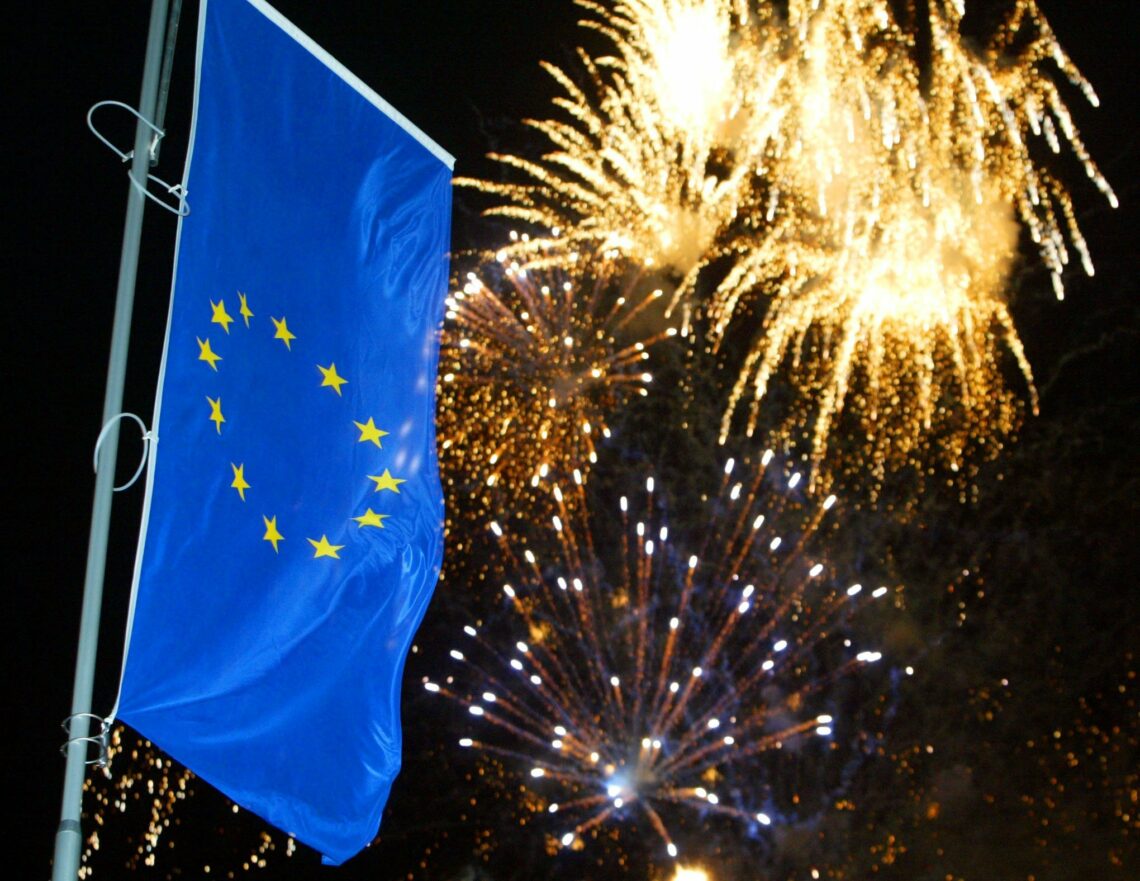How to destroy the European Union
Once, the “European idea” helped unite a war-weary continent. Now, overbearing central authorities, suffocating bureaucracies and reams of red tape are limiting the freedom that idea once promised. Europeans are losing trust in the EU institutions, and worry for their own security. At the heart of the problem is weak leadership.

After the test phase that was the European Coal and Steel Community, the Treaty of Rome created the European Economic Community, which evolved into the European Community and finally, in 1993, the European Union. These developments helped bring peace and prosperity to Europe after it had been devastated in two world wars.
From 1989 on, the hope of joining a free and prosperous Europe helped drive development in the countries that had freed themselves from the communist yoke and opened the door for German reunification. A real European spirit prevailed and grew. Europe – not necessarily the EU – was increasingly considered, as French President Charles de Gaulle had envisioned, the “fatherland of fatherlands.” Patriotism replaced nationalism, but people still felt strongly bound to their own countries. It is a model that works well in a decentralized environment.
Expanding bureaucracies
However, Parkinson’s law – that work expands to fill the time available for its completion – took hold in European bureaucracy, which overran institutions. Its growth did not stop at the national level, but infiltrated EU administration. More and more centralization and harmonization were imposed through a web of new rules and regulations. Local, national and regional specificities and needs are frequently ignored. This took place even as national bureaucracies grew increasingly excessive. Now, two nannies domineer over European citizens: their national governments and the European Commission.
This situation might still be accepted if Brussels, with the support of some governments, did not harmonize and unify various measures, undermining the principles of self-determination, local control and subsidiarity to the point where individual citizens feel it acutely.
The problem of potentially excessive centralization is a consequence of weak leadership and expedient policies.
Although Brexit was initially a result of weak leadership in London, it should serve as a warning against both an “ever closer union” and a “union of different speeds.” Centralization was the cause of the outcome of the Brexit referendum. The problem of potentially excessive centralization is a consequence of weak leadership and expedient policies in member states, which allows for excessive rules, regulation and centralized power.
Discriminating measures
A few years ago, Europe’s central authorities (a majority in the European Council) decided to allocate migrants among member states, often against those countries’ wishes. “Solidarity” was the pretext. The Czech Republic, Hungary and Poland objected and refused to take in those migrants. Last week the Advocate General, an advisory body to the European Court of Justice (ECJ), issued an opinion that the three countries can be fined and forced to accept the arbitrary quota. The ECJ is not obliged to follow the Advocate General’s opinions, but usually does. Interfering in the population policy of individual member states will undoubtedly be perceived as crossing a red line. A ruling is expected early next year.
Again, the problem is one of weak leadership. Since at least the 1990s, it had been evident that a wave of migration from Africa would eventually come. There is no reason Europe – especially the European Commission, the Mediterranean states and larger countries such as Germany – should have been surprised. Still, no preventive measures were taken. Instead Brussels, Berlin and Paris sent messages that encouraged the migrants.
Today, a bureaucratic paradise is being installed on global, supranational and national levels.
There are plenty of other examples showing how Europe’s central authorities discriminate against member states. The reams of red tape that hinder emerging economies come to mind, such as new rules on posting workers that grossly violate the freedom of exchange of services.
Losing trust
Europe should be flourishing. The above-mentioned discriminatory measures (just a few of the striking ones among many) harm Europe. Weak political leadership results in excessive control, less freedom and bureaucratic overreach.
People have increasingly begun to worry about security and prosperity. They are – unfortunately, somewhat justifiably – losing trust in democratic institutions due to weak leadership and oversized bureaucracy. As happens so often throughout history, grand initiatives and shining achievements are suffocated by their own institutions.
Not only in Europe, but around the world, humanity tends to search for paradise. The communists wanted to create a workers’ paradise. Their efforts resulted in terror and misery. Today, a bureaucratic paradise is being installed on global, supranational and national levels. We can already see the result: huge debts and rising unhappiness, while increasing rules and government controls limit freedom. The cost of public administration and populist welfare programs (which will run out of financing) have eroded savings. Misery, resulting from misplaced central planning and control, awaits around the corner.
Here it is worth repeating a quote from Archduke Otto von Habsburg: “God bless the civil servants, but God save us from the bureaucrats.”
Unless centralization, harmonization and bureaucratic overregulation are contained, the idea of a democratic, free and prosperous Europe will be buried.
